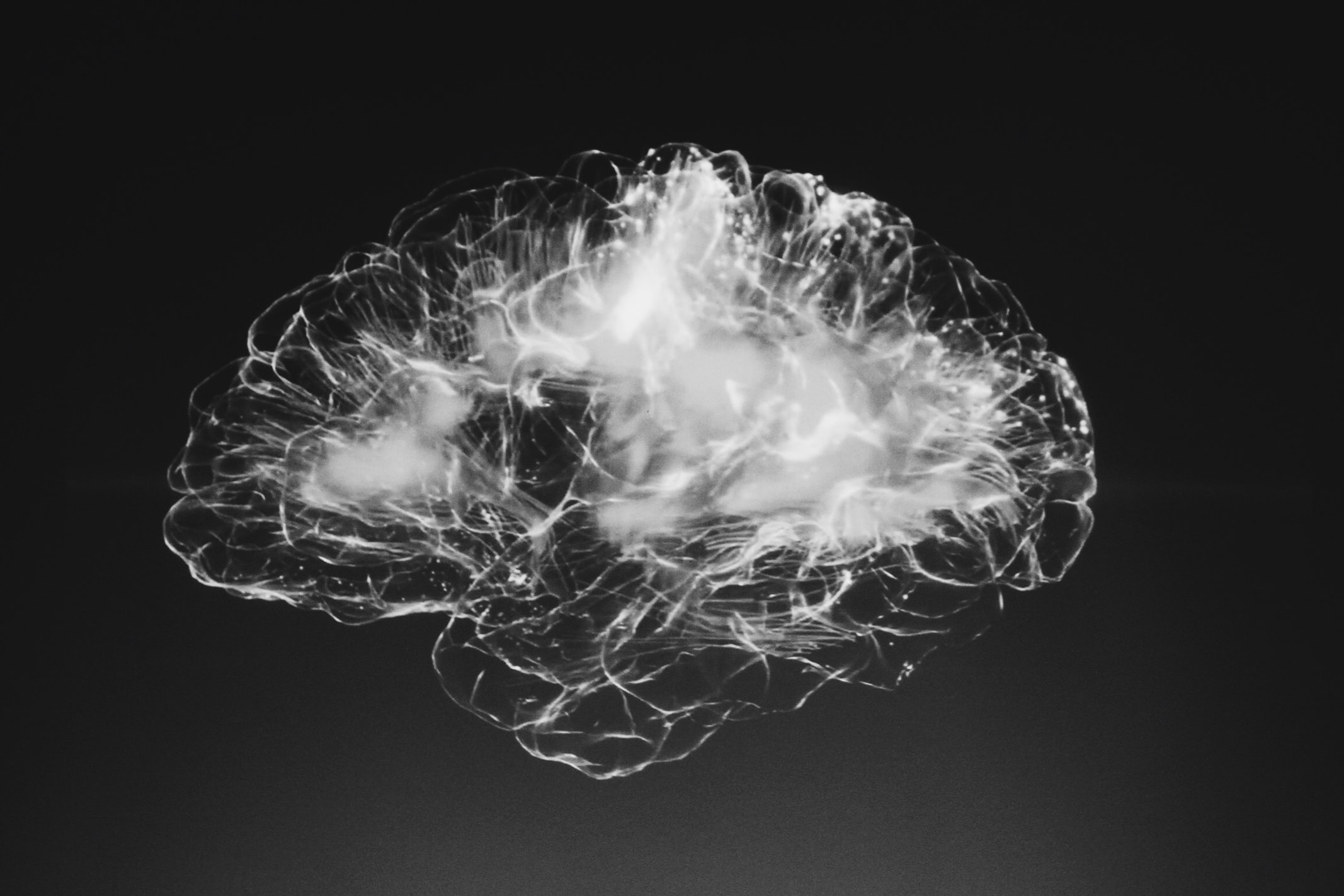Astonishing!

As a theologian, I am amazed and astonished at the wonders of modern science. I am even more amazed and astonished at the immensity and intricate detail of the universe, which science reveals to us. But when the scientist looks through a microscope or telescope, the most amazing thing in the universe is not the microbe or the galaxy at the other end of the instrument, but the object a few inches on this side of the lens: the human brain.
Now there's a thought! The most amazing object in the universe known to science is the human brain. Brains don't look particularly beautiful. But microscopic photographs reveal that the brain is actually an object of immense beauty and immense intricacy.
How do we as Christians react to the workings of the brain?
The first response of the Christian theologian (and all Christians are theologians) is to express wonder, amazement, and astonishment. I'm reminded that words like these come up in the gospel stories of Jesus. After the healing of the paralytic lowered through the roof, after the stilling of the storm, after the healing of the deaf man in Decapolis, people were amazed at each miracle (Mark 2:12, 4:41, 7:37).
In fact, the Latin word miraculum means "an object of wonder."
During the 18th-century era of the Enlightenment, "miracle" came to mean more specifically some event that broke the laws of nature. But that way of thinking about miracles is really more at home in Deism than in Christianity. Deism in the 18th century was the idea that God may have created the world and ordained "the laws of nature." But God was distant and no longer interested in the world; the world was a great machine that operated according to its in-built laws.
With that worldview, "miracles" only occurred when the Maker intervened in the machine, and God was thought necessary to explain the gaps in scientific explanation. But of course, as science advanced, the "god-of-the-gaps" shrank. The truth is: that god was not the true God.
The true God is the God of Christian belief, and his name is "the Father, the Son, and the Holy Spirit."
He is not merely the explanation of the bits we don't understand yet. He is the God who is constantly present to the whole creation, the Father by whom all things came to be, the Son who is "upholding all things by the word of His power" (Hebrews 1:3, World English Bible), the Spirit who will bring all things to perfection at the end.
We have to think, then, of two levels of explanation: the level of scientific causes and the transcendent level of God's act of creation. The two must not be confused! God is not a stop-gap explanation at the level of scientific explanation. And scientific explanation, a purely human level of understanding, is quite distinct from the doctrine of God the Creator.
Miracles do not only occur in the biblical story of salvation. What we have thought of as the regular working of the "laws of nature" is also full of marvels. No Christian who has really grasped the immensity of the universe can fail to break out in wonder, love, and praise. The very size of the universe is amazing, astonishing, marvelous, and breathtaking.
And within us is that most marvelous object of this immense creation—our own brains! No wonder the psalmist cried out: "I praise you, for I am fearfully and wonderfully made" (Psalm 139:14, NRSV). All the intricacies he has so expertly explained to us are indeed miracles—wonders, marvels, and quite astonishing.
Truly our God not only performed marvels for ancient Israel or in the life of Christ the Son. He is a miracle worker as our Creator. Creation is full of His miracles and they are all around us every day, even within our own heads.
Thomas A. Noble is professor of theology at Nazarene Theological Seminary in Kansas City.
Holiness Today, September/October 2010
Please note: This article was originally published in 2010. All facts, figures, and titles were accurate to the best of our knowledge at that time but may have since changed.




